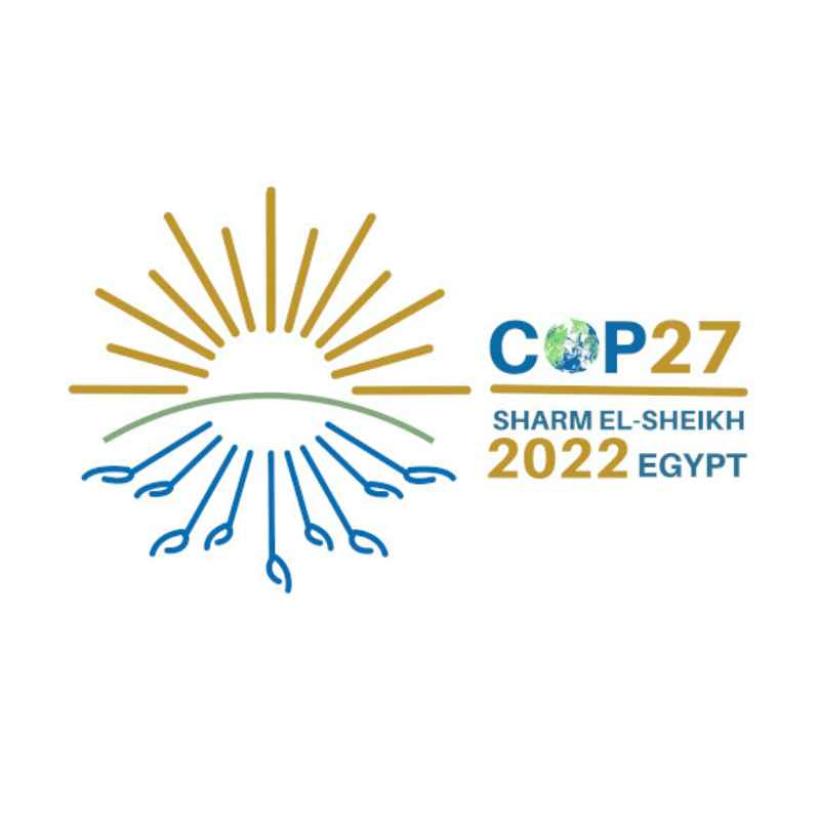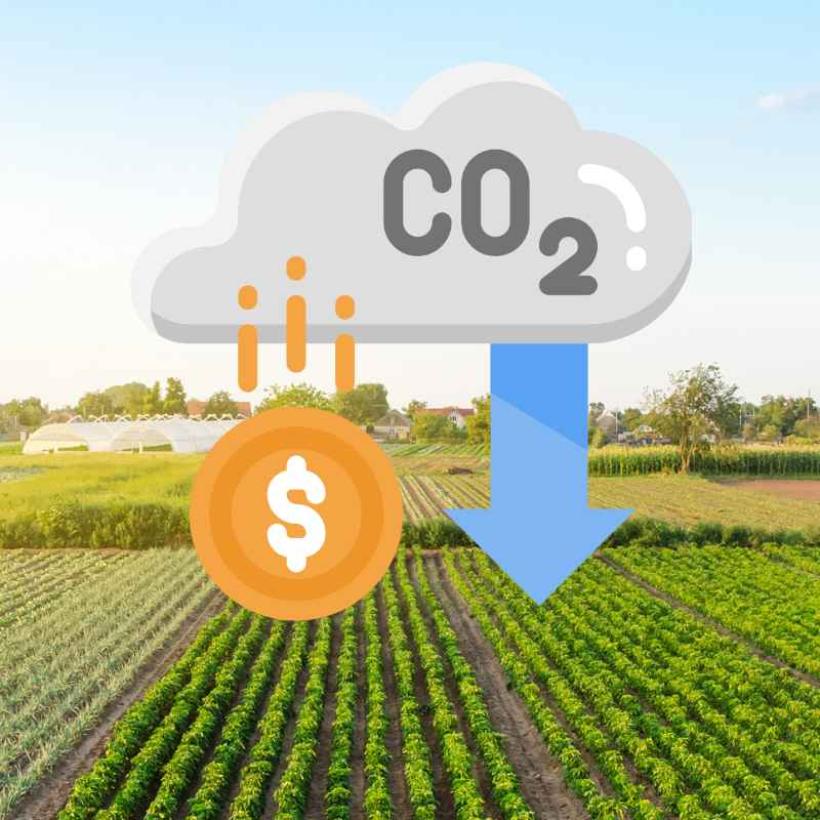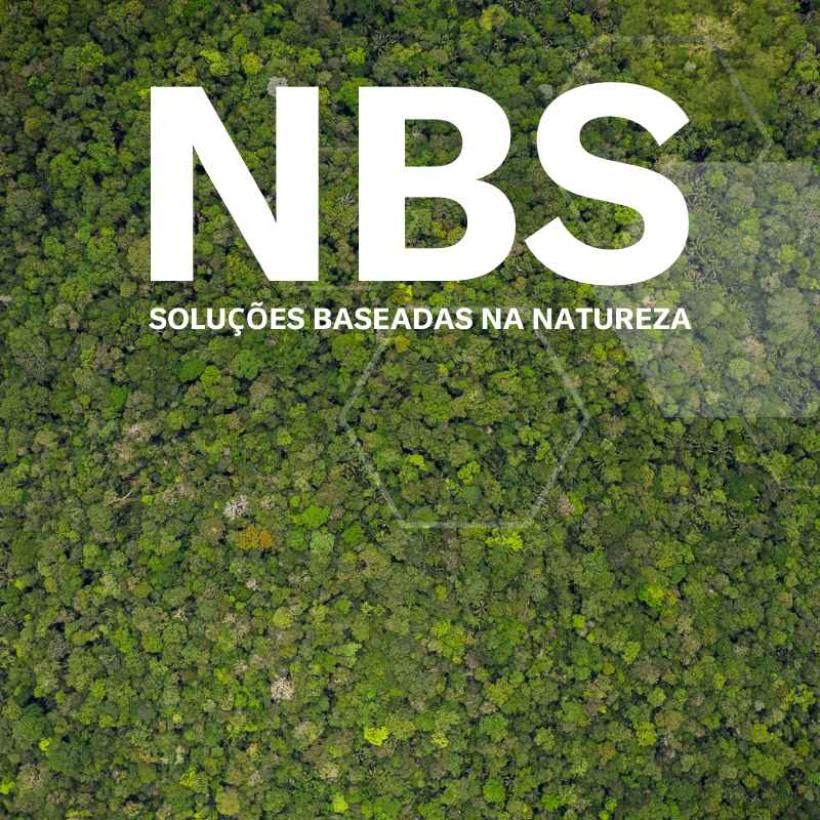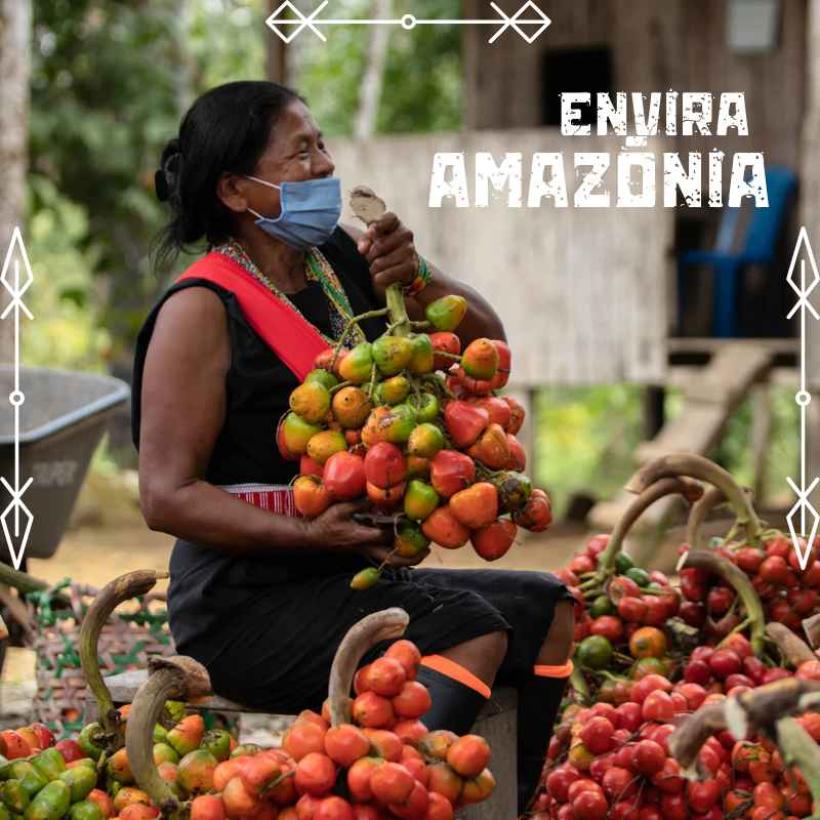
Você sabe quais as principais diferenças, ou evolução, dos créditos REDD+ em relação aos créditos REDD?
Os créditos de carbono REDD e REDD+ são certificados de redução de emissões que podem ser vendidos para países ou empresas que precisam compensar suas próprias emissões de gases de efeito estufa.
A principal diferença entre os dois é que o REDD+ tem critérios mais amplos para concessão de créditos, uma vez que inclui mais atividades além da redução de emissões de desmatamento e degradação florestal.
REDD, criado em 2005 na COP11, realizada em Montreal, Canadá, significa "Redução de Emissões por Desmatamento e Degradação Florestal" e é um mecanismo de mercado que busca reduzir as emissões de gases de efeito estufa provenientes do desmatamento e da degradação florestal.
Já o REDD+, criado em 2010 na COP16 em Cancún, no México, é uma evolução do REDD que inclui ações adicionais, como a conservação da biodiversidade, o aumento do estoque de carbono florestal, o desenvolvimento sustentável e a melhoria das condições de vida das populações locais. Portanto, o REDD+ não se concentra apenas na redução de emissões por desmatamento e degradação florestal, mas também na conservação, mantendo os estoques de carbono florestal e manejo sustentável das florestas.
Observe que um não anula o outro, pelo contrário, são conceitos que se complementam, tendo um objetivo em comum.
O REDD+ é considerado uma abordagem mais abrangente e integrada para a conservação florestal e a redução das emissões de gases de efeito estufa, enquanto o REDD é mais limitado em suas ações.
CLPI - Consentimento livre, prévio e informado - no desenvolvimento de projetos de créditos de carbono.
Nossa pesquisa sobre projetos de carbono e quais os impactos mais relevantes destes projetos como um todo, identificou a preocupação em relação à importância da "geração de impactos positivos nas comunidades locais".
Neste sentido, a utilização de ferramentas que ajudam a garantir o bom funcionamento, a longevidade do projeto e co-benefícios às comunidades se torna essencial. Uma destas ferramentas é a adoção do padrão CLPI, (Padrão Verra VCS) significa - Consentimento Livre, Prévio e Informado. A anuência daqueles que serão impactados direta ou indiretamente pelo projeto, comunidades locais e/ou povos originários garante perenidade e redução de risco durante a execução do projeto. Compartilhar tomadas de decisão sobre o projeto com a comunidade local agrega muito valor ao projeto, muito embora o padrão VCS Verra inclua o CLPI como desejável e não como regra mandatária, não adotar este procedimento é visto como um risco para o projeto.
Os projetos REDD+ comercializados pela MyCarbon estão alinhados aos processos Verra VCS.
Siga nossas redes, se inscreva em nossa newsletter.
A MyCarbon acredita em um futuro resiliente às mudanças climáticas.
MyCarbon, responsabilidade com o meio ambiente e com a humanidade. Junte-se a nós!















